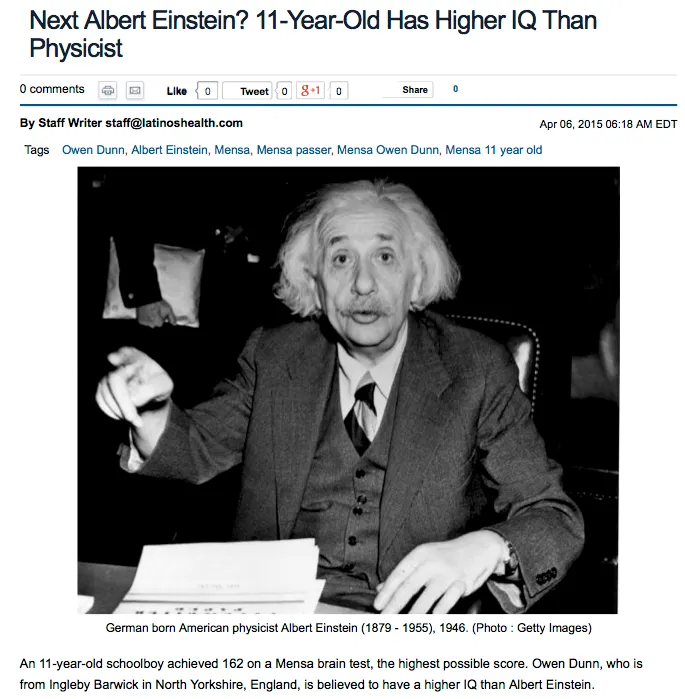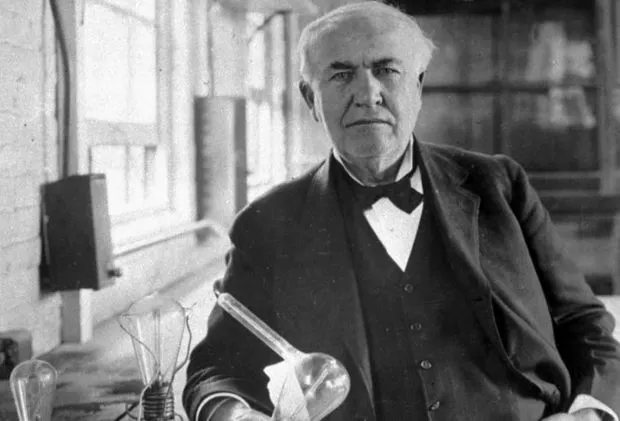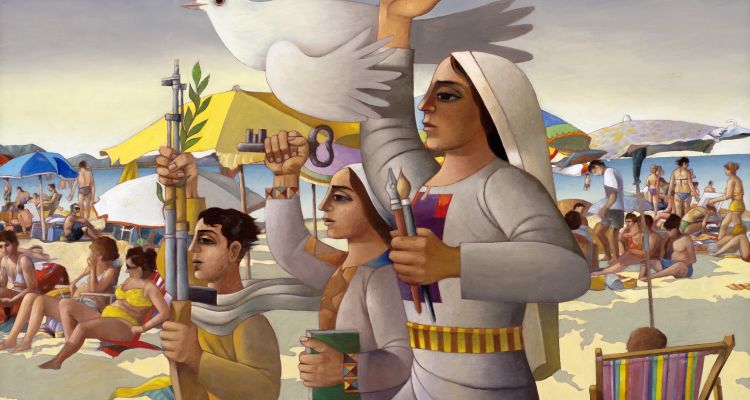by AKBAR SHAHID AHMED

The chance of continued peace between Israel and Hamas depends on bigger and more complex decisions that there’s no guarantee Donald Trump will pursue.
The last two years have brought unprecedented horrors in Israel-Palestine: first, the gruesome Oct. 7, 2023, assault on Israelis led by the Palestinian militant group Hamas, then Israel’s sweeping and U.S.-enabled devastation of the Gaza Strip. Daily reports of deaths and apparent war crimes have been so overwhelming as to sometimes obscure the reality that the continued conflict and tragedy are a result of choices by individuals — often, choices at the White House.
On Wednesday, President Donald Trump announced the beginnings of a U.S.-brokered peace deal, under which Israel and Hamas will begin freeing Israeli hostages kidnapped on Oct. 7 and detained Palestinians, while Israel will halt its attacks on Gaza. The two parties signed the agreement on Thursday. Hamas is expected to soon release 20 surviving hostages as the Israel Defense Forces withdraw from much of Gaza; celebrations among exhausted victims of the war and others have already begun.
But now, the chance of continued peace depends on bigger and more complex decisions by Trump that there is no guarantee he will pursue. Six months ago, Israel broke the last ceasefire he brokered, escalating the killing of Palestinians and initiating a man-made famine without consequences from the U.S. and with heavy American support.
What the two sides have accepted is the first step of a larger proposition. Beyond releasing captives, the president’s plan envisions beginning the reconstruction of the Palestinian territory, with Israeli operations ending, Hamas disarming and Gaza receiving humanitarian aid at a level it has not seen for months. The vision is widely understood as prioritizing a political win for Trump, but he argued on Truth Social on Wednesday that it benefits all involved: “All Parties will be treated fairly! This is a GREAT day.”
It’s a tall order, however. And it could be doomed if the U.S. persists in policy patterns initiated by President Joe Biden, then sustained or even intensified by Trump for close to a year: deference to Netanyahu, disregard for Palestinians and dismissing skeptics of the war strategy in Washington and beyond.
A Blank Check From The U.S.
The United States has unparalleled leverage over Israel’s war effort and Israeli Prime Minister Benjamin Netanyahu as Israel’s chief source of funding, weapons and diplomatic backing. U.S. officials have debated how to use that influence throughout the war, and current expectations that a deal can succeed are rooted in the sense that Trump has pressured Netanyahu for peace more than Biden did.
The Biden administration began demanding a truce as the war hit the six-month mark in March 2024 and unveiled its own ceasefire plan that May. Yet U.S. officials repeatedly showed Netanyahu he did not need to fear losing their support. They abandoned their own “red line” for his conduct in the war, ignored recommendations from U.S. government experts and fellow Democrats to limit U.S. arms for Israel, and declined to amplify Israelis’ own calls for Netanyahu to end the war, instead greenlighting another devastating Israeli offensive in Lebanon.
Then Trump won the election. Demanding a ceasefire before his inauguration and hinting at big repercussions otherwise, he secured a deal.
Huffpost for more








